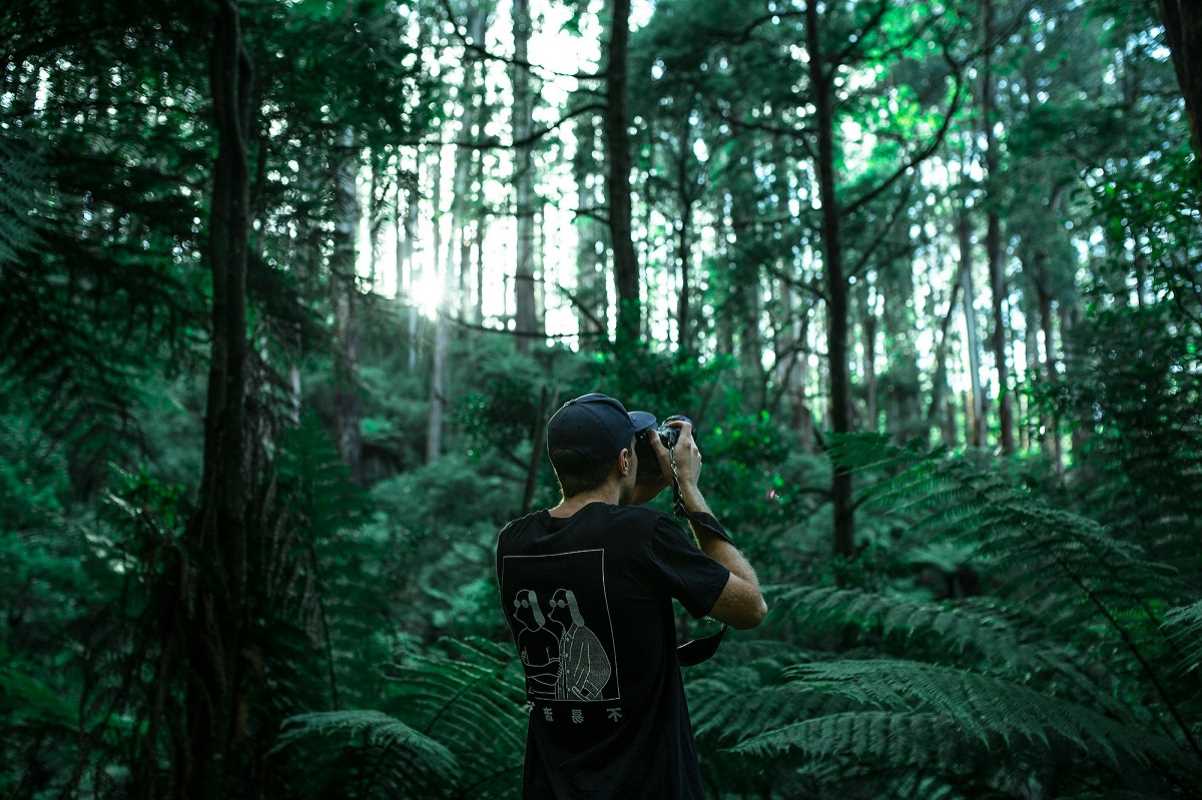Most workplaces have one thing in common: a significant portion of the day is spent indoors, often in front of a screen. While countless tools and strategies claim to boost productivity, there’s one incredibly effective yet overlooked solution for improving work performance—spending time outdoors. Nature offers benefits that range from reducing stress to enhancing creativity, helping professionals tackle their tasks with renewed focus and energy.
The Science-Backed Benefits of Outdoor Time
1. Reduced Stress Levels
Work-induced stress isn’t just a mental burden; it can hinder your productivity, decision-making, and overall sense of well-being. Stepping outdoors can help mitigate that stress.
Supporting Evidence
Spending time in natural environments lowers cortisol, the hormone responsible for stress. A study published in Frontiers in Psychology demonstrated that just 20 minutes in nature can significantly reduce cortisol levels. This could mean a short walk in a nearby park during lunch is enough to provide relief.
Work Implications
Less stress translates to sharper focus and more effective communication. Employees who feel less frazzled can tackle their workload calmly and efficiently.
2. Improved Focus and Cognitive Function
The more time we spend juggling emails, meetings, and deadlines, the easier it is for our minds to feel scattered. Nature provides an antidote by restoring mental clarity and enhancing attention.
Supporting Evidence
The Attention Restoration Theory (ART) suggests that natural environments have the power to replenish cognitive resources when they become depleted. Research from the University of Michigan showed a 20% improvement in memory and attention after participants walked through a park compared to walking in an urban environment.
Work Implications
Sharper focus means fewer errors, better multitasking, and an overall boost in productivity. This restoration effect can be incredibly valuable for tasks requiring focus, like problem-solving or brainstorming.
3. Boosts Creativity and Problem-Solving
Ever feel stuck in a creative rut? Spending time outdoors could be the key to unlocking innovative ideas.
Supporting Evidence
A study conducted at Stanford University found that walking outdoors increased creative thinking by up to 60%. Participants who took a stroll through a natural environment generated significantly more ideas during a brainstorming task than those who stayed indoors.
Work Implications
Creativity is critical in almost every industry, from designing marketing campaigns to developing new products. Integrating outdoor time into your day can help you approach projects from fresh angles and create impactful solutions.
4. Enhanced Physical and Mental Energy
Feeling sluggish is a productivity killer, and it often strikes midway through the day. Exposure to sunlight and fresh air can help combat this common dip in energy.
Supporting Evidence
Natural light boosts serotonin levels, which contribute to feelings of happiness and alertness. The Journal of Environmental Psychology reports that even brief exposure to natural settings leaves workers feeling more energized and refreshed than time spent in artificial environments.
Work Implications
Higher energy levels mean you can maintain productivity throughout the day without relying on caffeine or power naps.
Incorporating Nature Into Your Workday
Even if you have a packed schedule, there are manageable ways to weave outdoor time into your routine. Here are some actionable tips to help you reap nature’s benefits without disrupting your workflow.
1. Start Your Morning Outdoors
Instead of rushing from bed to your desk or commute, begin the day with an outdoor activity.
- Morning Walks: A 15-minute walk around your neighborhood wakes you up and sets a positive tone for the day.
- Outdoor Coffee Breaks: Take your coffee outside to soak in some natural light before tackling emails.
By starting your day with time outside, you’ll feel energized and better prepared for the demands ahead.
2. Take Walking Meetings
Not all meetings need to happen in a conference room. Walking meetings are an excellent way to discuss ideas while staying active and enjoying the outdoors.
- Encourage a culture of walking one-on-ones.
- Pick a nearby park or quiet path for a more relaxed atmosphere.
Walking meetings break up long blocks of sedentary work and spark creativity while encouraging communication.
3. Outdoor Lunch Breaks
Instead of eating at your desk, find a nearby park or outdoor seating area. Taking your lunch outside gives you a chance to disconnect from work and enjoy the benefits of fresh air and sunlight.
If you’re working remotely, a balcony or backyard can serve as your lunchtime retreat.
4. Work Remotely in Fresh Air
With more flexibility in work arrangements, many professionals now have the option to work remotely. Take advantage of this by setting up your workspace outdoors for part of your day.
- Portable Workstations: Invest in a light laptop stand or hotspot to make outdoor workstations comfortable.
- Noise Management: Use noise-canceling headphones to stay focused in busier outdoor settings.
Working in a natural setting offers a refreshing change of scenery that enhances focus and motivation.
5. Prioritize Nature-Focused Breaks
Instead of scrolling through your phone during breaks, use this time to enjoy short bursts of nature.
- 5-Minute Breathers: Step away from your desk to walk around the block or stretch on a patio.
- Mindful Outdoor Activities: Try deep breathing exercises while standing in sunlight to re-center your mind.
Small, consistent efforts to connect with nature throughout the day can significantly improve your mental clarity.
6. Plan Outdoor Retreats for Teams
If you’re in a leadership role, consider fostering a culture of wellness by integrating nature into team-building activities.
- Plan offsite retreats in outdoor settings where employees can brainstorm and collaborate while immersed in nature.
- Encourage outdoor group activities like hiking or team exercises that strengthen rapport and inspire creative thinking.
These activities improve productivity and contribute to a healthier and more satisfied team culture.
Spending time outdoors is one of the simplest, most effective ways to bolster work performance. From reducing stress and boosting focus to fueling creativity and energy, nature offers a suite of benefits that make tackling work tasks more manageable and fulfilling.
 (Image via
(Image via





